Premium Only Content
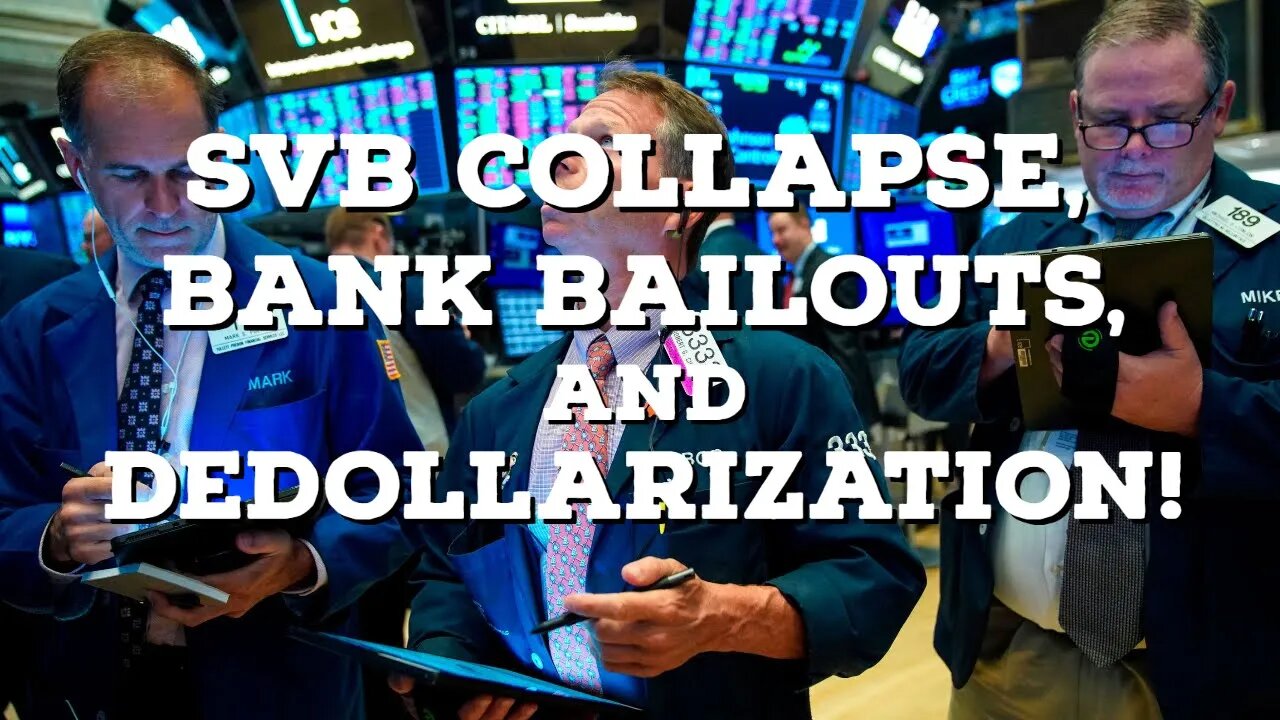
SVB Collapse, Bank Bailouts, and Dedollarization Thinking Out Loud
In this episode of his "Thinking Out Loud" series, Double D discusses the recent string of bank failures and bailouts, before examining how this banking crisis exposes the hollowed out nature of the U.S. economy, and how it may accelerate the growing trend towards dedollarization.
Jumping in to the video, Double D briefly recaps some of the narrative surrounding the recent string of bank failures, before reading excerpts from an article from Geopolitical Economy Report and Michael Hudson, which details the cause of the SVB and Signature Bank collapse.
Double D shows how much of this crisis stems from banks pushing high interest returns on their clients deposits, using the long term interest returns on government bonds to pay for them. He shows how as the Federal Reserve began to raise interest rates, ostensibly to "cool down" inflation, the price of government bonds plummeted. Alongside this, depositor faith in these banks was shaken, as the cryptocurrency bubble popped, and realization set in that SVB and other banks would no longer be able to pay increased returns as the federal reserve began to hollow out their asset base; causing a bank run, the largest in U.S. history, which caused these banks to collapse.
Going on with this outline, Double D shows how this recent bank crisis shows how the Federal Reserve has backed itself into a "monetary corner." Going back to examine the 2008 Bank Bailout, he shows how the Fed implemented two decades of "Quantitative Easing" where the government bought back bonds, lowered interest rates to near zero, and flooded a struggling economy with a torrent of cash. This cash inflow was used to artificially inflate asset prices in the Finance, Insurance, and Real Estate (FIRE) sector of the economy; taking the form of stock buy backs, mass purchasing of repackaged mortgages, and short term hedge fund bets.
The long term effect of this was not to actually rehabilitate a systemically sick economy, but rather to escalate the process of financialization, and produce an artificially rebounded economy that was built on nothing more than an "asset price inflation house of cards." He shows how now, as the Fed raises interest rates in an attempt to quash inflation, they risk popping an "everything bubble" that has been inflating for decades.
Moving on, Double D attempts to dispel mainstream narratives around the governments response to the crisis. He notes that officials have said recent measures by the Treasury Department and the Fed do not "constitute a bailout" but rather the use of an emergency relief fund. Double D scoffs at this misleading statement, and points out how the government backed ALL of these banks deposits, most of which were well above the 250,000 FDIC insured limited. He notes how this effectively serves as declaration to a deeply corrupt banking system: "All deposits in all banks are safe; regardless of how risky or negligent their business practices are."
He then touches on how certain libertarian politicians and faux progressive indie media analysts are attempting to characterize this bailouts as a struggle against the "Big Four" financial institutions. Claiming that banks like SVB are small banks that help fund small businesses and tech startups. Meanwhile, the reality suggests that these banks are nothing more than a Silicon Valley to Wall Street Initial Public Offering (IPO) pipeline, which serves as a medium to launder money and pad the pockets of tech speculators and financial middle-men.
Moving on, Double D speculates on the long term effects of this crisis. Citing an article titled "Prepare for a Multipolar Currency World" from the Financial Times, Double D shows how the now cemented negative reputation of the U.S. financial system is going to help accelerate the trend towards dedollarization. He ruminates on how even western capitalists, are beginning to realize that "having all their eggs in the American basket", may be a bad strategy. He notes that even countries with more strict capital flow restrictions, may be a better bet than the U.S. economy, which has been completely cannibalized by a speculative and parasitic financialized elite.
-
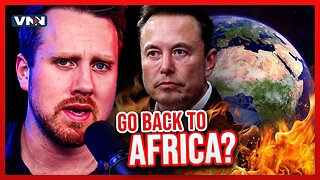 LIVE
LIVE
Vigilant News Network
43 minutes agoUNHINGED: Dems Say That Elon Needs to ‘Go Back to AFRICA?’ | The Daily Dose
479 watching -
 1:39:05
1:39:05
The Quartering
2 hours agoTrump's Epic Speech, Democrat & MSM Meltdown, Zelensky Flip Flops AGAIN & A T*ans CULT Unmasked
39.2K29 -
 1:28:13
1:28:13
Tucker Carlson
2 hours agoJonathan Roumie: The Weight of Playing Jesus in the Chosen, & Why You Should Observe Lent
58.3K31 -
 1:04:31
1:04:31
Ben Shapiro
3 hours agoEp. 2151 - Trump’s HOME RUN State of the Union!
32.6K24 -
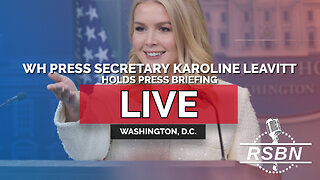 2:06:31
2:06:31
Right Side Broadcasting Network
3 hours agoLIVE REPLAY: White House Press Secretary Karoline Leavitt Holds Press Briefing - 3/5/25
66.5K53 -
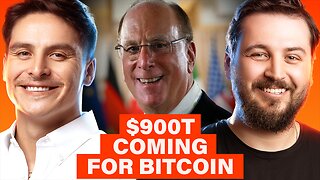 1:16:50
1:16:50
Simply Bitcoin
3 hours ago $3.00 earnedBLACKROCK'S GAME CHANGING BITCOIN REPORT Creates $900T of FOMO? | EP 1195
17.3K2 -
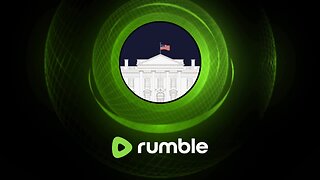 1:00:23
1:00:23
The White House
2 hours agoPress Secretary Karoline Leavitt Briefs Members of the Media, Mar. 5, 2025
25.9K16 -
 23:34
23:34
marcushouse
14 hours ago $0.40 earnedWhat Really Happened to Starship? The Full Story! 🚀
8.47K4 -
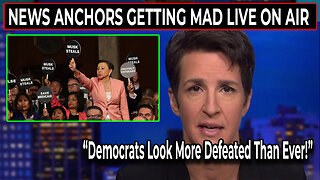 16:55
16:55
T-SPLY
7 hours agoMSNBC Used A Child Brain Cancer Survivor To Make Donald Trump Look Bad
10.3K24 -
 1:03:31
1:03:31
Russell Brand
4 hours agoScripted Opposition? Democrats’ Viral Attack Video Drops as Trump Dominates Congress – SF548
98.6K65